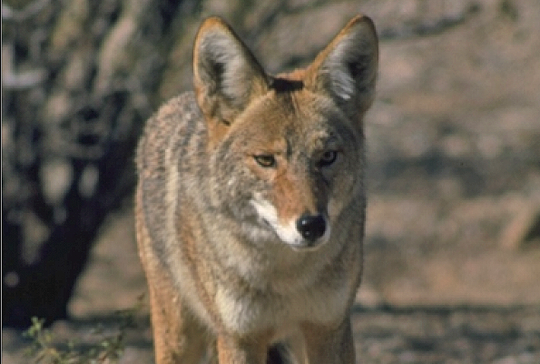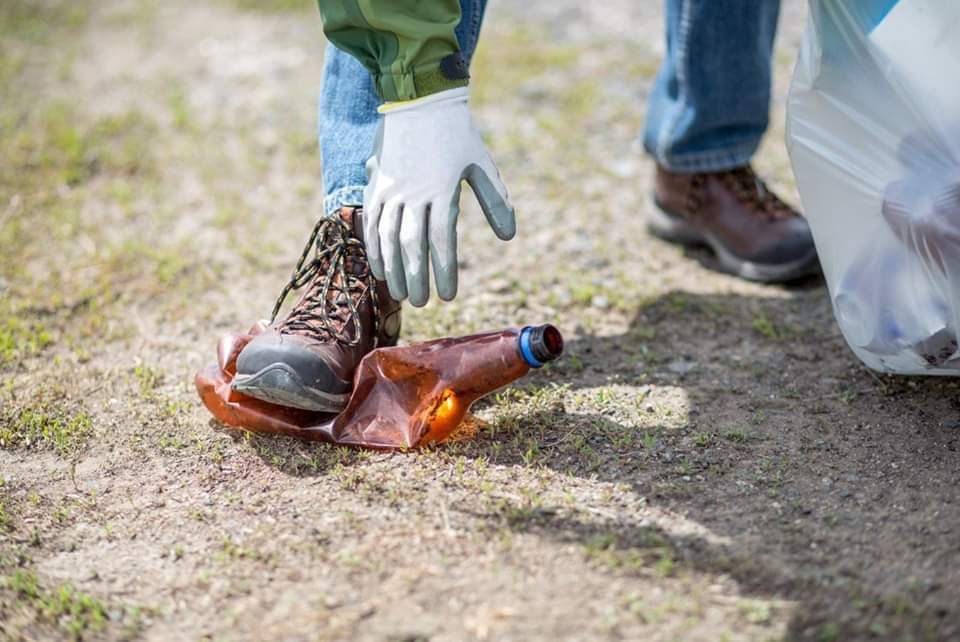Coyote activity has recently occurred in Long Beach and surrounding areas, and residents are reminded to follow important safeguards to protect pets and property against these wild animals. Coyotes are found in every state of the nation, except for Hawaii, and it’s not uncommon to see one walking down a busy street.
Coyotes do not require open space to survive, and have successfully adapted to living in close proximity to humans. Coyotes are most active at dusk and dawn, and in urban environments they are more active at night. However, they can be seen at any time of day.
The following techniques are recommended to compassionately co-exist with coyotes, and to protect yourself and your pets:
- Never feed coyotes or any other wildlife.
- Keep pets, especially cats and small dogs, and pet food inside. If feeding outside, feed pets during the day (no more than one hour) and remove the food bowls when finished.
- Stay close to pets when taking them outdoors, and always keep them on a leash, especially from dusk through early morning hours.
- Remove fallen fruit from the ground.
- Food waste, such as meat scraps or leftover pet food, should be bagged.
- Keep trash in containers with tight-fitting lids.
- Use “hazing” techniques to shoo away coyotes, such as standing tall, yelling and waving arms while approaching the coyote; using a whistle, air horn, bell or other device; banging pots or pans together; stomping your feet; using a water hose or pepper spray; or throwing tennis balls or rocks toward the coyote.
- Never run from a coyote.
Long Beach is committed to being the safest large City for people and animals, and Animal Care Services is requesting the assistance of the community. Please contact [email protected] or (562) 570-7387 (PETS) to obtain flyers to give to neighbors, to schedule a speaker for a neighborhood watch or community meeting, or to determine whether an Animal Control Officer is needed.
An Animal Control Officer will respond to coyote calls if the coyote is sick or injured, out in the daytime in areas around people, especially children at parks or schools, or anytime there is an attack or threatening behavior toward a person or pet.
For more information about coyotes, including the Coyote Management Plan, or to report coyote sightings, visit www.longbeach.gov/acs/wildlife. If a coyote is posing an imminent threat to life, call 911.
Visit Long Beach Animal Care Services online at www.longbeach.gov/acs, and become a friend on Facebook at www.facebook.com/LongBeachAnimalCare to keep up on the latest news for people and animals.





